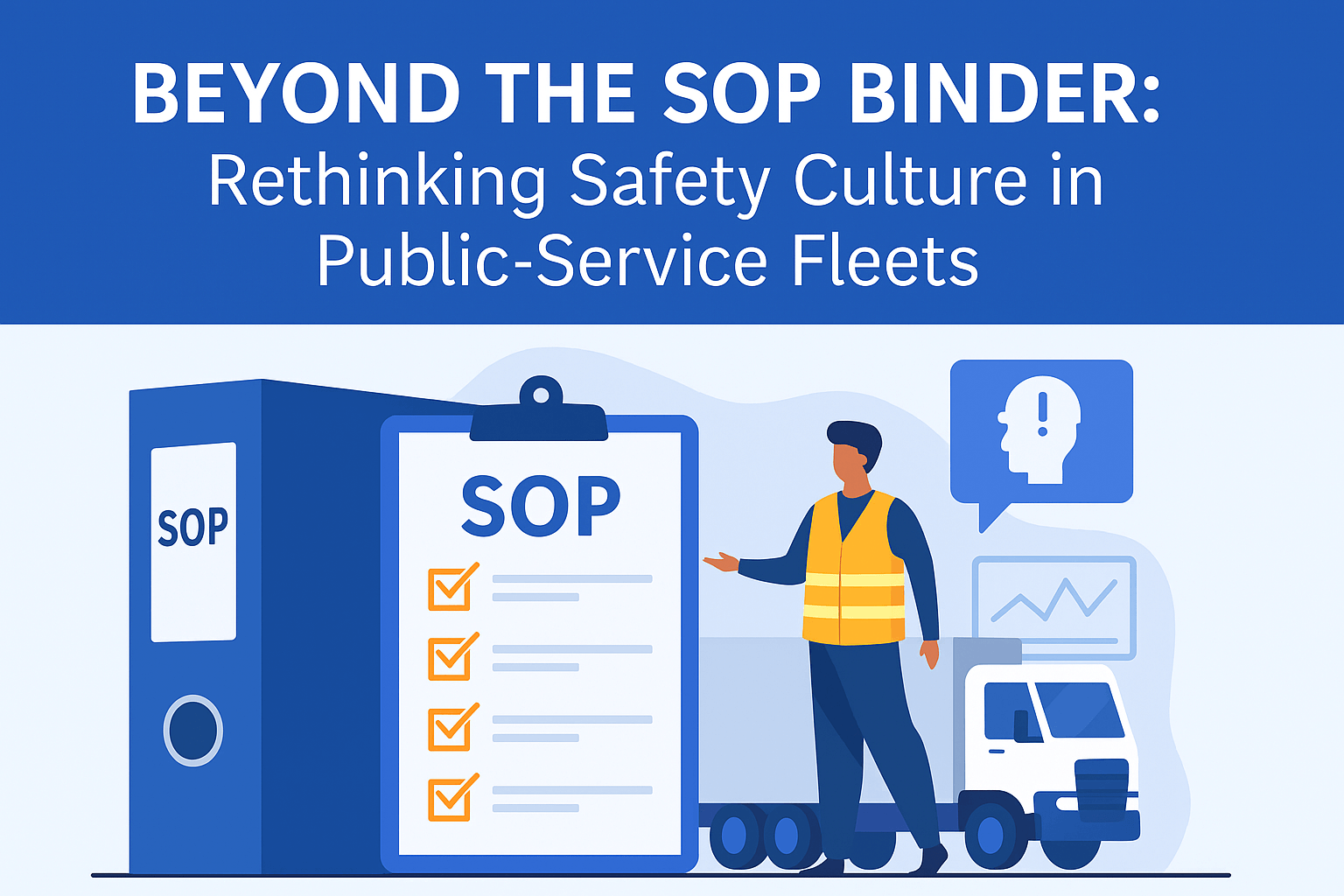
Got a speeding ticket and wondering if there’s an alternative to hefty fines or points on your license? You’re possibly eligible for a diversion program for speeding ticket. This upfront, non-salesy article introduces the concept of diversion programs – what they are, benefits, and how you may take advantage of them to protect your driving record.
Table Of Content
Key Takeaways
- Traffic diversion programs are educational alternatives to traditional punitive approaches for minor traffic offenses such as speeding, aiming to rehabilitate drivers and maintain a clean driving record.
- Participation in a traffic diversion program involves confirming eligibility, applying (which may include a fee), and completing courses that encourage responsible driving to have the ticket dismissed.
- Commercial drivers with a CDL are generally not eligible for diversion programs due to federal regulations requiring a higher level of accountability, and participation may have complex effects on their CDL status.
Understanding Traffic Diversion Programs

Enter traffic diversion programs, alternative sentencing systems designed to educate and rehabilitate drivers who commit minor traffic offenses. Rather than simply penalizing offenders, these programs aim to:
- Address the underlying behavior that led to the violation
- Help drivers understand the consequences of their actions
- Equip drivers with the knowledge to make safer choices in the future
A speeding ticket might seem like a minor issue, but if it’s part of a pattern of risky driving behavior, it can have major consequences. By participating in a traffic diversion program, you can turn a negative situation, like a traffic ticket, into a positive learning experience.
Benefits of Traffic Diversion Programs
One of the most immediate benefits of participating in a traffic diversion program is avoiding a conviction on your driving record. This means that instead of having points added to your license – which could result in higher insurance premiums or even the loss of your driving privileges – you can maintain a clean record.
This is particularly beneficial for motor vehicle drivers who rely on their car for work or other important activities.
Types of Traffic Violations Eligible for Diversion
Not all traffic violations, including moving violation, are considered an eligible offense for diversion programs. These programs typically cover minor traffic violations such as speeding or running a red light, but more severe infractions like reckless driving, DUI, or vehicular homicide are usually excluded.
This is because the goal of diversion programs is to educate and rehabilitate drivers, and these serious offenses often require more stringent legal consequences.
Navigating the Diversion Program Process
Now that we’ve discussed what traffic diversion programs are and who can benefit from them, let’s delve into the process of applying for and completing such a program. This might seem daunting at first, but with a little guidance, it can be a straightforward and rewarding experience.
Eligibility Requirements
Before you can apply for a diversion program, you’ll need to verify that you meet the eligibility requirements. These can vary depending on the specific program and jurisdiction, but there are some common criteria.
Application Process
Once you’ve confirmed that you’re eligible for a diversion program, the next step is to apply. This typically involves completing an application form, with the option to save form progress, and paying a non-refundable fee.
Completion and Dismissal
After you’ve applied and been accepted into a diversion program, the final step is to complete the program’s requirements. This typically involves attending a defensive driving course and demonstrating that you’ve learned from your mistake.
Defensive Driving Courses: Online vs. Traditional

Defensive driving courses, also known as insurance reduction courses, are a key component of most traffic diversion programs. These courses teach drivers safe driving techniques and help them understand the consequences of risky behaviors.
Online Defensive Driving Courses
For many people, online defensive driving courses are a convenient and flexible option. These courses can be completed at your own pace, making them a great choice for those with busy schedules or who prefer to learn independently.
Traditional Defensive Driving Courses
Despite the convenience of online courses, traditional defensive driving classes remain a popular option for many drivers. Held in a classroom setting, these courses offer a structured learning environment and the opportunity for direct interaction with an instructor.
Special Programs for Aggressive and Distracted Drivers

In addition to general traffic diversion programs, there are also specialized programs designed to address specific driving behaviors, such as aggressive or distracted driving. These programs recognize that these behaviors can be particularly dangerous, and require targeted interventions to effectively address them.
Aggressive Driving Programs
Aggressive driving is a serious problem that can lead to dangerous situations on the road. Aggressive Driving Courses are designed to help drivers recognize and manage their anger and frustration on the road, and to develop strategies to prevent aggressive driving behaviors.
Distracted Driving Programs
Distracted driving is another major issue on our roads today, along with drunk driving. Whether it’s texting, eating, or simply daydreaming, any activity that takes your attention away from the road can lead to serious consequences.
Commercial Driver’s License (CDL) and Diversion Programs
Commercial drivers, such as truck or bus drivers, face unique challenges when it comes to traffic violations. Due to the nature of their job and the vehicles they operate, these drivers are subject to specific federal traffic laws and regulations that can affect their eligibility for traffic diversion programs.
CDL Eligibility for Diversion Programs
Unfortunately, commercial drivers are generally not eligible to participate in traffic diversion programs. This is due to federal standards that require commercial drivers to maintain a higher level of responsibility and accountability on the road.
Effects on CDL Status
Even if a commercial driver were able to complete a diversion program, the effects on their CDL status could be complicated. Federal regulations outline what qualifies as a conviction, and each state may interpret the completion of a diversion program differently, resulting in varied implications for the status of a commercial driver’s license.
Summary
In conclusion, traffic diversion programs offer a valuable opportunity for drivers who have committed minor traffic violations to learn from their mistakes and avoid further consequences. From understanding the process and eligibility criteria to exploring different defensive driving course formats and specialized programs, we’ve covered a lot of ground in this article.
Frequently Asked Questions
What are traffic diversion programs?
Traffic diversion programs are alternative sentencing systems aimed at educating and rehabilitating drivers who commit minor traffic offenses. They are designed to provide an alternative to traditional penalties for minor traffic violations.
Who is eligible for traffic diversion programs?
To be eligible for traffic diversion programs, it depends on the violation and driving record. Minor offenses like speeding may be included, but severe infractions like reckless driving or DUI are usually excluded.
How do I apply for a diversion program?
To apply for a diversion program, you need to fill out an application form and pay a non-refundable fee. Some programs may have additional application requirements.
What are defensive driving courses?
Defensive driving courses are classes that teach safe driving techniques and help drivers understand the consequences of risky behaviors, often a key component of traffic diversion programs.
Are commercial drivers eligible for traffic diversion programs?
No, commercial drivers are generally not eligible for traffic diversion programs due to federal standards that require them to maintain a higher level of responsibility and accountability on the road.







